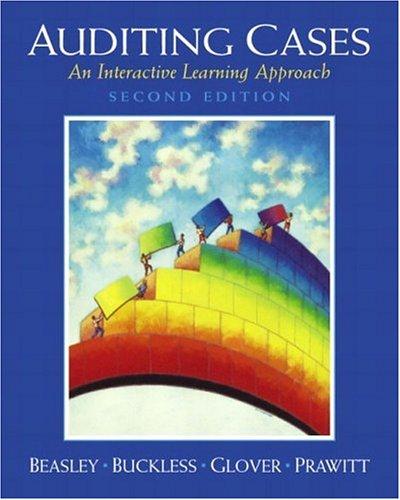Question
1. The Silver court refused to apply a fault standard. Do you think in should matter who was at fault for breaking off the engagement?
1. The Silver court refused to apply a "fault standard." Do you think in should matter who was at fault for breaking off the engagement? Why? (Reference : Aronow v. Silver)
2. The trial court stated: "Fortunately, the time has long past when children society were considered the property of their parents... We start with the premise that Richard is not a piece of property with property rights belonging to either his biological or adoptive parents. Richard 'belongs' to no one but himself... A child's best interest is not part of an equation. Is no no balanced against any other interest?" Obviously, the Illinois Supreme Court disagreed. Articulate the standard adopted by the Illinois Supreme Court, Which Standard, that of the trial court or that of the supreme court, produces the more just result? Just to whom? ( Reference : Petition of John Doe and Jane Doe, Husband and Wife, to Adopt Baby Boy Janikova)
3. Why did the Wolff court refuse to accept the testimony of the experts regarding the defendant's sanity? Do you agree that there should be a difference between the legal and the medical definitions of insanity? Why? (Reference : People v. Wolf)
4. According to the Supreme Court, what is the main justification for the exclusionary rule? (Reference : Mapp v. Ohio)
5. Why did the Minnesota Supreme Court agree that the trial court could set aside the settlement? Do you think the result would have been the same if the settlement had involved an adult plaintiff rather than a child? Should it matter? (Reference: Spaulding v. Zimmerman)
Step by Step Solution
There are 3 Steps involved in it
Step: 1

Get Instant Access to Expert-Tailored Solutions
See step-by-step solutions with expert insights and AI powered tools for academic success
Step: 2

Step: 3

Ace Your Homework with AI
Get the answers you need in no time with our AI-driven, step-by-step assistance
Get Started


